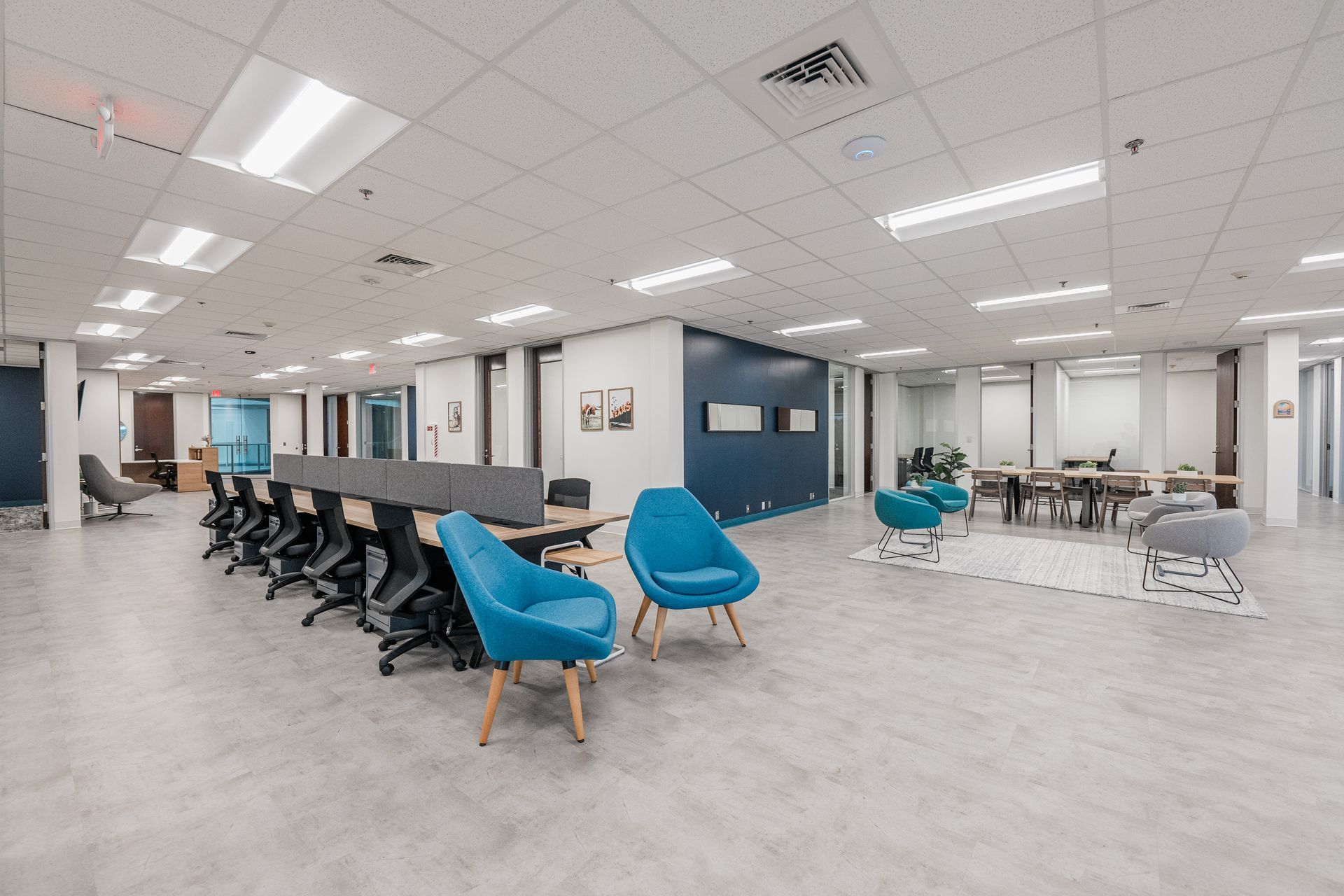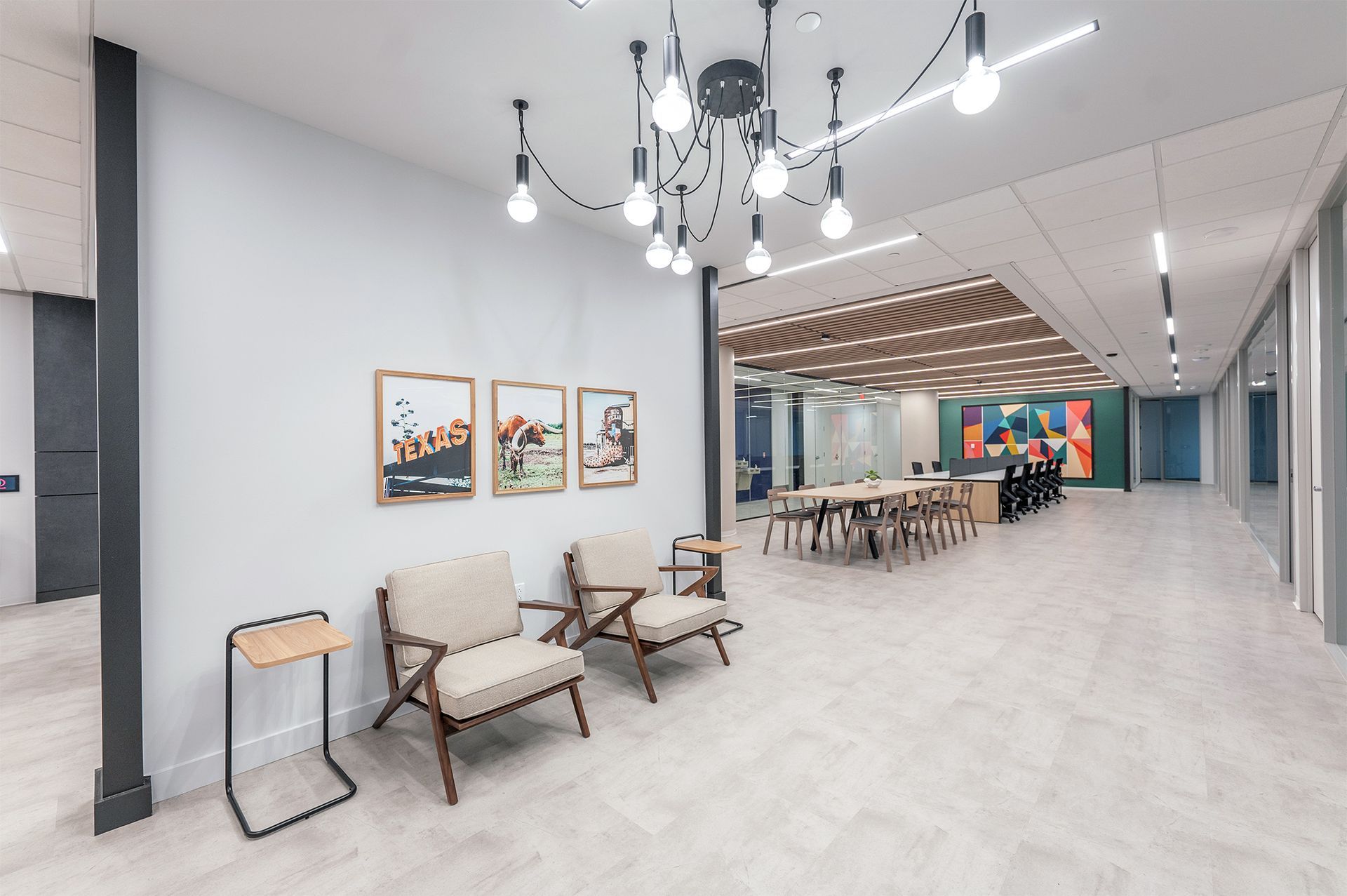Startup Research: Invest in Success
info • April 6, 2018
Startup Research: Invest in Success
So you have an idea. It’s a great idea, everybody says so, and you want to turn it into a business. Here’s the thing: 70% of tech startups fail. 97% of crowdfunded startups fail.
Everyone has an idea.
How do you prevent your idea from turning into a failing business? Research, research, research. Extensive research prior to execution is critical to startup success. Lack of startup research can clip your wings before your fledgling company can fly. To illustrate the importance of both researching, and executing appropriately on your results, below is a short study of contrasting research tactics between two ride-sharing companies.
First, make sure your idea is original. Hint: it isn’t. Many a company finds itself derailed by an existing firm, or firms, in the market they can’t disrupt. Take Fasten for example. The Boston-based ride sharing company took root and flourished in Austin when Uber and Lyft took a hiatus due to driver-screening disputes. Fasten found success, but it was short lived. As soon as Uber and Lyft rectified their problems and rejoined the Austin market, Fasten’s market-share shrunk dramatically. They continued to lose riders and drivers until finally, on March 3, Fasten was forced to announce its end, selling its shrinking business to ride-hailing/sharing giant Vezet Group. Their Austin and Boston offices were both shutdown, and the company, as it was conceived, no longer exists. Their failure was a combination of competing with established industry giants, and a lack of environmental awareness. Fasten’s research did not allow them to anticipate the environmental forces that ultimately led to their downfall.
Croozen’s long distance ride sharing platform is poised for success.
Croozen, a company that makes its home inside The Cannon, executed their research the right way. Instead of creating a ride-share firm that competes with titans like Uber and Lyft, they found and exploited a niche. Croozen’s idea, a long-distance ride-sharing app, is not original. However, the only competition is headquartered 5,000 miles away. Blablacar, a Paris based long-distance ride-sharing app, operates successfully throughout Europe, leaving the US market wide open for Croozen, who have found success targeting events and universities. Blablacar’s success also provided Croozen with a blueprint to build on. Croozen didn’t reinvent the wheel. They researched their idea, researched the environment, and used that information to plot a successful course through the crowded ride-sharing industry. Now their long-distance ride-sharing platform is poised for continued growth and success.
Croozen’s success and Fasten’s failure each paint a realistic picture of the volatile startup world. The difference between disrupting a space and creating a thriving business, or selling out to the gargantuan competition, can be as minute as it is important. That’s why research is such an integral ingredient, a critical first step, to turning any idea into a business. So take your idea, do your homework, and make it work.











